A New Era for Educational Assessment
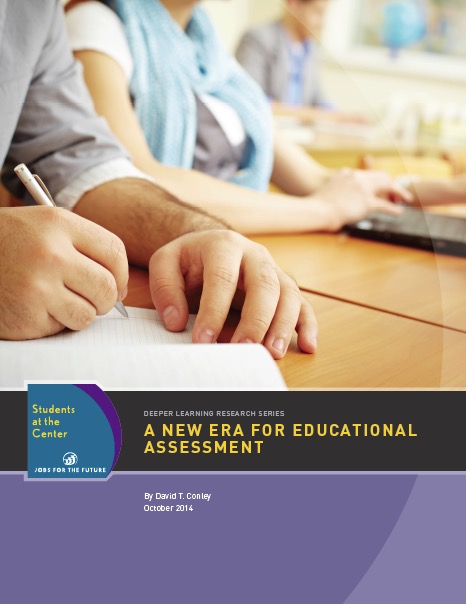
Among education researchers, there is a growing consensus that college and career readiness depends on not just academic knowledge and skills but on a wide range of social and developmental competencies, as well—such as the ability to monitor one’s own learning, persist at challenging tasks, solve complex problems, set realistic goals, and communicate effectively in… Read More ›
The Past and the Promise: Today’s Competency Education Movement
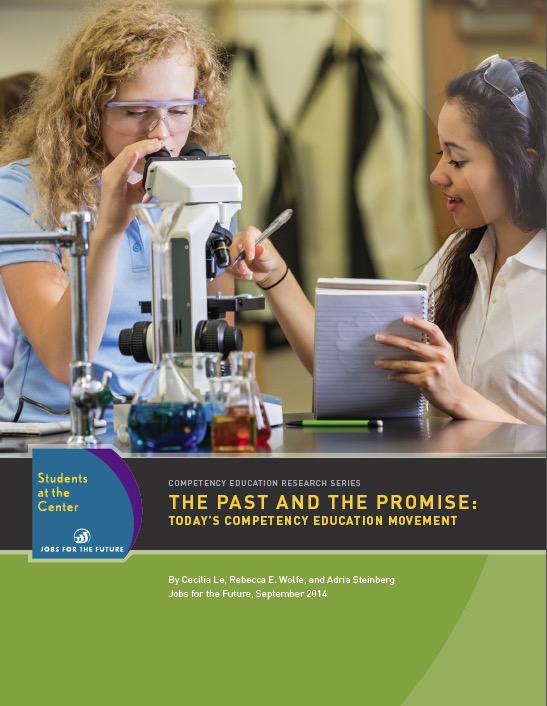
This report, the first in the Students at the Center’s new Competency Education Research Series lays a foundation for assessing the potential of competency-based models, grounded in an exploration of the outcomes from previous like-minded efforts. Recent research and theory from the learning sciences show that a personalized approach to competency education may help better… Read More ›
Personalization in Schools
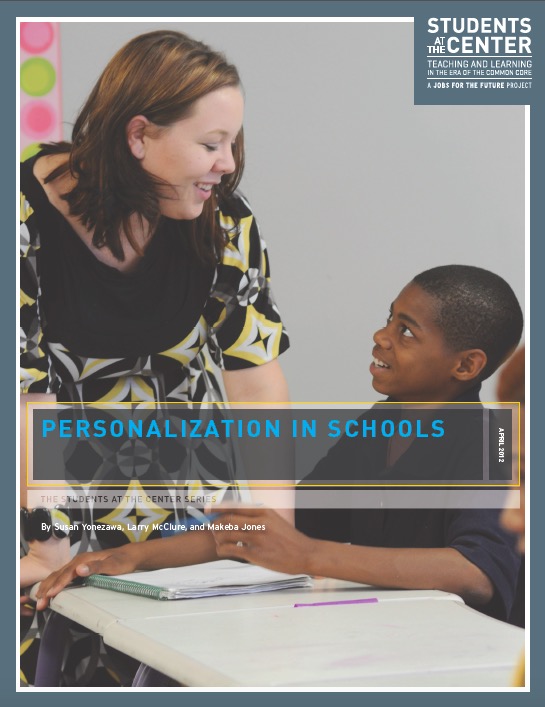
This paper examines how enhanced adult-youth relationships lead to increased student engagement, youth development and academic performance. It highlights the particular importance of personalization efforts for at-risk populations and non-traditional students and explores technical aspects of implementing personalization in schools. Personalization in secondary education supports student-centered learning and takes place through a variety of relational… Read More ›
Literacy Practices for African-American Male Adolescents: The Students at the Center Series
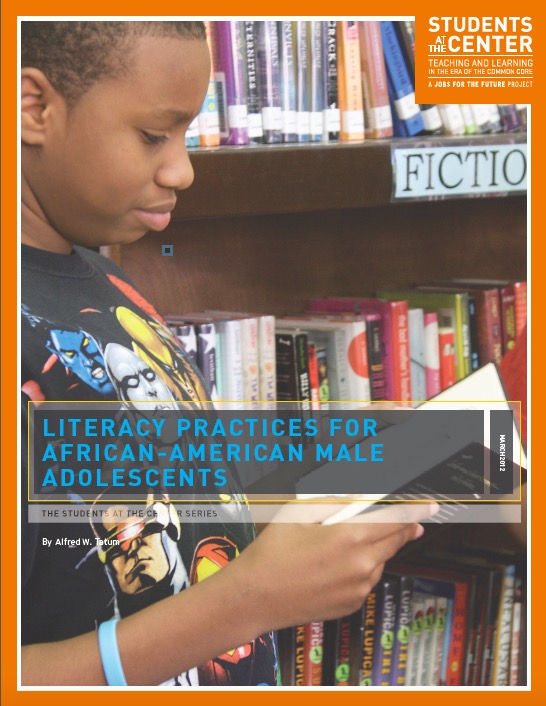
This paper, placing student-centered learning in the context of race and gender, reviews literature on factors that impede reading achievement, provides a socio-historical perspective for advancing African-American male literacy, proposes a framework of literacy instruction and discusses implications for research, policy and practice. Focusing on African-American males, the author describes how current school literacy practices… Read More ›
Latino/a and Black Students and Mathematics: The Students at the Center Series
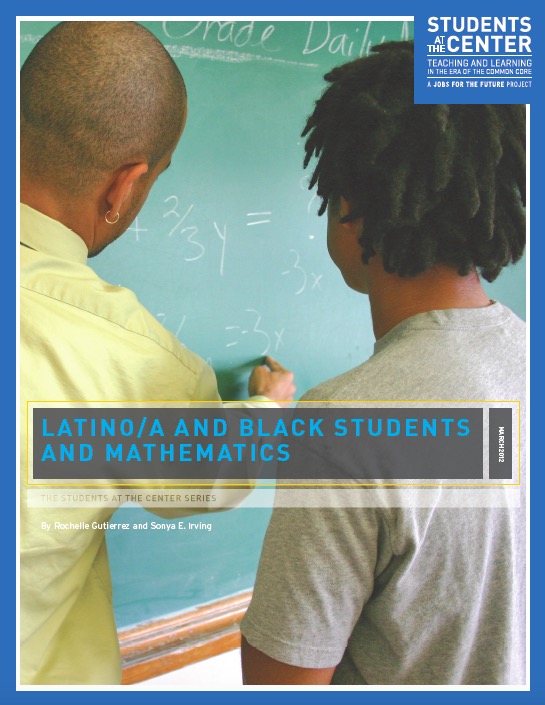
This report examines a wide variety of mathematical practices and competencies that are missed by school mathematics. Furthermore, it highlights the voices of learners themselves—what meanings they place on mathematics and mathematical learning. Using new perspectives on mathematics as a cultural and social activity and new research on learning outside the school, the authors ask… Read More ›
Changing School District Practices
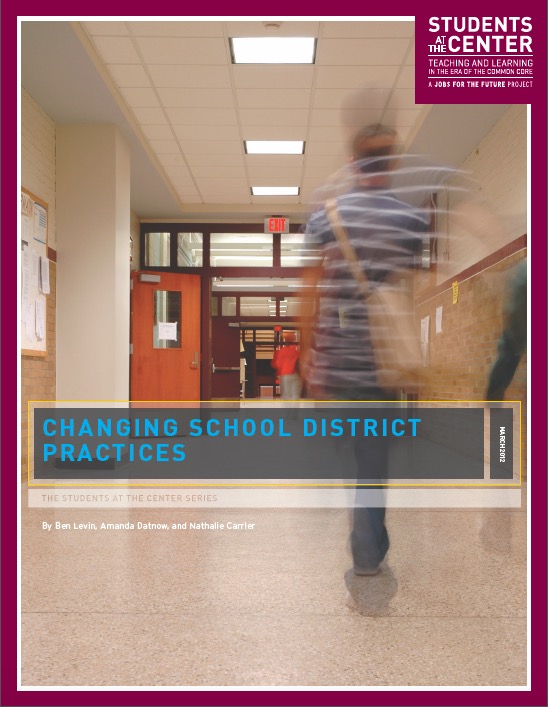
This report, noting an absence of references to student-centered learning approaches in a subset of high-performing districts, details seven key district characteristics to support innovative approaches in general, and student-centered learning approaches in particular. School districts have an important role to play in opening the door to the implementation of student-centered learning approaches and ensuring… Read More ›
Curricular Opportunities in the Digital Age: The Students at the Center Series
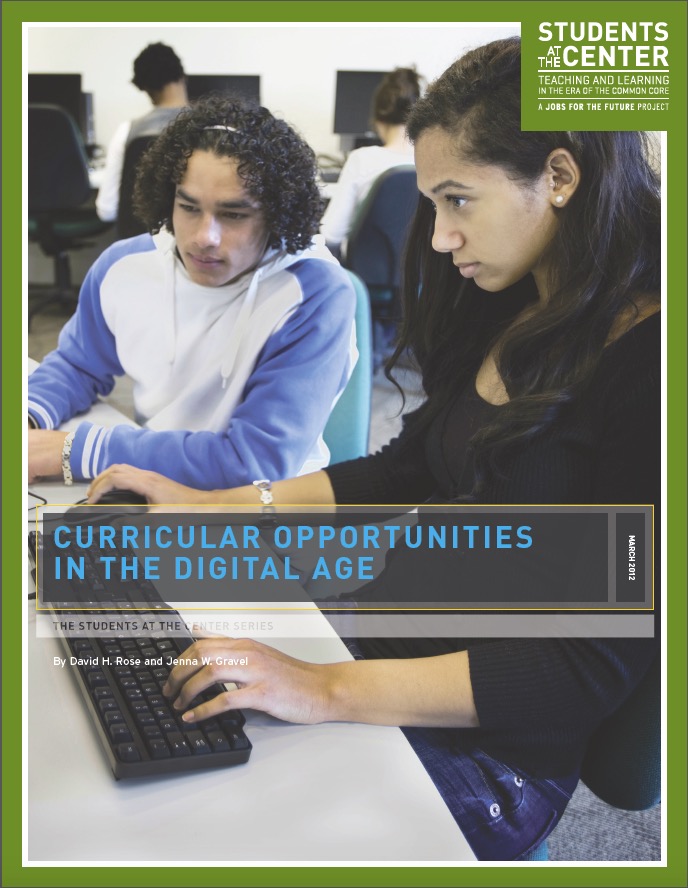
This paper explores how new digital technologies can be used to design curricula that are flexible enough to adapt readily to individual differences. The authors propose that universal design for learning—as the confluence of advances in the neuroscience of human variability and in multimedia technologies—can create an “ecology for learning” which provides rich, diverse and… Read More ›